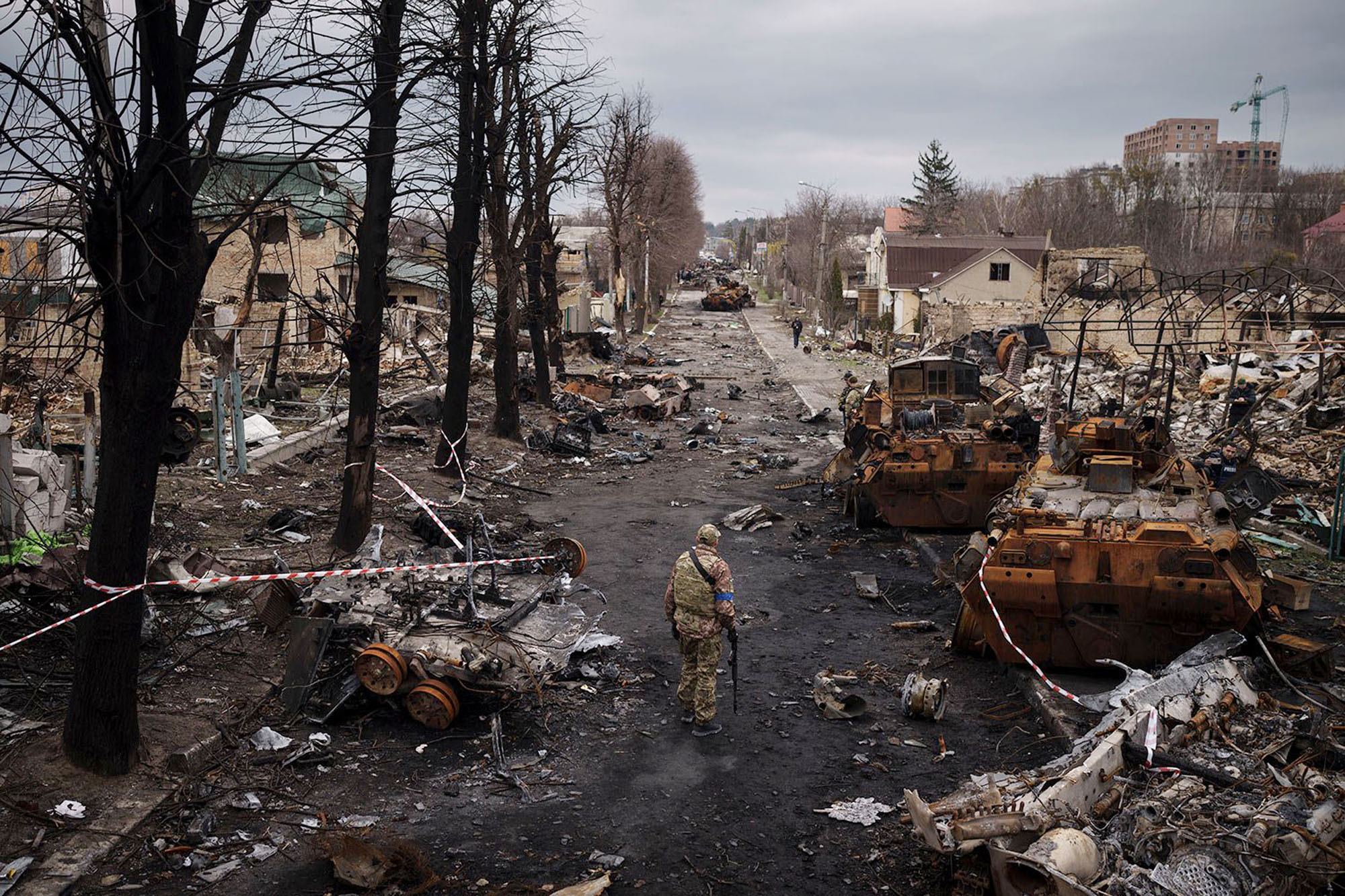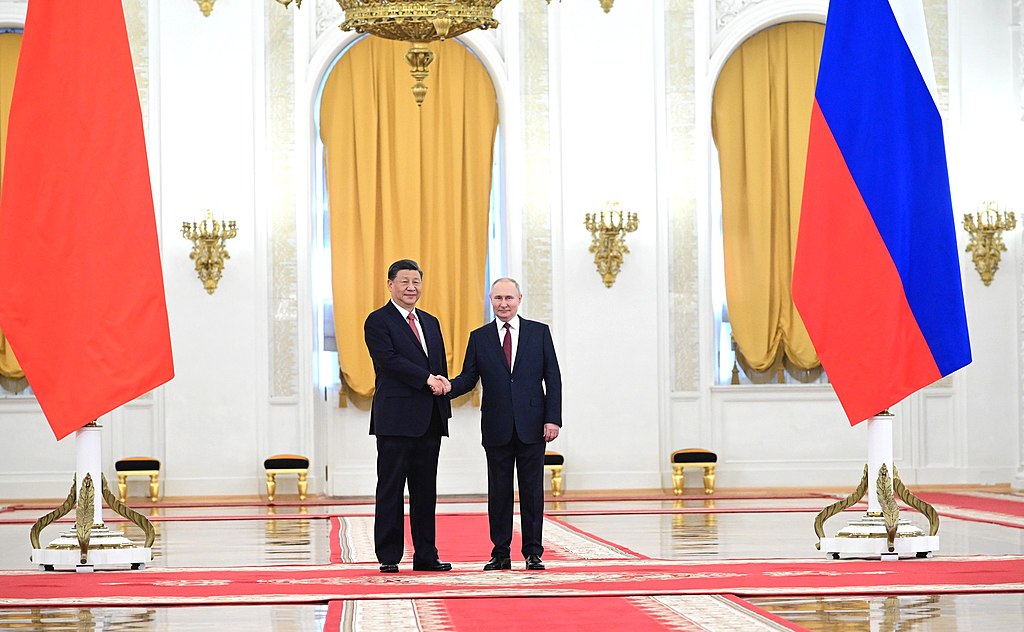After 7 years of rupturing diplomatic ties between Saudi Arabia- Iran, the motivations, implications and prospects for the durability of the resuming relation between the two countries are still in debate.
The agreement between Saudi Arabia and Iran to renew their diplomatic relations, facilitated by China, Iraq and Oman, announced on March 10, was welcomed by many officials and experts as a watershed moment for diplomacy and dialogue in the region. It was in 2016 that Iranian protesters stormed the Saudi embassy in Tehran and its consulate in Mashhad in response to Saudi authorities’ execution of 47 dissidents, including a leading Shiite cleric which led to termination of diplomatic relations between the two countries.
The two sides agreed on the de-escalation of a host of issues, chief among them the war in Yemen- Tehran and Riyadh support opposing sides — as well as Iran’s use of proxy militias around the Middle East and attacks on Saudi infrastructure by Iran-backed militias, disrupting maritime security, non-proliferation of weapons of mass destruction, including nuclear weapons.
Impressed by evolving great power relations beyond geopolitics, the Middle East has started its dramatic shift from confrontational approaches and excessive political polarization towards dialogue through promoting diplomacy, cooperation & partnership in recent years. Three factors “beyond geography, connectivity, apolarity and cooperation” have been the bedrock of the emerging new Middle East. Within this context, the Saudi Arabia-Iran deal with the involvement of China as a sign of ongoing change in both countries, the broader Middle East and other global dynamics, would be more comprehensible.
Brokering rapprochement between these two longtime Middle East rivals has key strategic and symbolic dimensions for China as its first significant diplomatic win in the region. Strategically, Beijing needs to stabilise flows of trade, technology and energy especially in the Persian Gulf where it gets over 40 percent of its crude oil imports. But what the deal signals about Beijing’s role in global affairs may be just as, if not more, critical for China. Since Chinese leader Xi Jinping unveiled his Global Security Initiative (GSI) at the Boao Forum last April, and especially since Xi’s coronation for a third term in power, China has been on a diplomatic offensive aimed at building an alternative to the United States’ dominance in global affairs. These reasons seem enough for Beijing to celebrate this deal.
Iran is key not only to the emerging new Middle East but so is Saudi Arabia as it needs regional security and stability to safeguard its investments as well as rollout of its Vision 2030. The plan aims to transform Saudi Arabian economy from total dependence on oil and its alleged goal of modernizing the Middle East as the second Europe. That is the reason that Saudi Arabia’s foreign minister, Prince Faisal bin Farhan Al Saud, during his recent high-profile visit to Tehran on June 17,2023 re-emphasized the issues of “mutual respect, non-interference in the two countries’ internal affairs and commitment to the United Nations Charter,” as the core of their bilateral relations.
Damage to Saudis’ infrastructure by Iran’s proxy militias including “Ansarullah”, can interrupt investment of trans-regional powers like China. All these factors are likely to have compelled Bin Salman to reach out an agreement with Iran through the mediation of China, which is trusted by both sides.
The deal is critical for Iran as well. Facing months of civil protests and uprisings, shattered legitimacy and needs to break out of economic isolation and the stranglehold of sanctions have prompted Iran to pursue rapprochement with Saudi Arabia. That would be one the main motives that Hossein Amirabdollahian praised the re-establishment of diplomatic ties during recent visit of Saudi Arabia’s foreign minister in Tehran.
For Teheran, this might be the most suitable time for reconciliation with Saudi Arabia, given the ideological apparatus of Wahhabism — Tehran’s most implacable enemy in region — is under the absolute control of Bin Salman.
Rather than focusing on dramatic divergent geopolitical and religious goals, both Riyadh and Tehran, have mutual interests to pursue and realize they ultimately benefit more from diplomatic engagement. Reducing their bilateral animosity could help lower tensions throughout the region.
As, there is still no practical and tangible outcomes, time, consistency and trust building might be the only imperatives to reach a positive and reliable outcome and make this “fragile agreement” to more durable and effective economic and security agreement.
Apart from all the raised issues, this regional realignment with China’s involvement denotes of the point that the United States is no longer being considered as the only party in regional calculations.
This article gives the views of the author, and not the position of the China Foresight Forum, LSE IDEAS, nor The London School of Economics and Political Science.
“Middle Eastern Countries in a World Map” by Lara Jameson is licensed under CC BY 4.0.





Thanks a lot Dr Anahita Motazed Rad for pointing out that the US is no longer being considered as the sole player in regional calculations. You rightly argue about emergence of China as a peace-broker in the Middle East, especially the Iranian-Saudi Détente. It is true that instead of harping on radically different geopolitical and religious goals, both Saudi Arabia and Iran, have shared interests to pursue and realize they eventually gain a lot from diplomatic engagement. There is no doubt that reducing their tensions could calm frayed nerves throughout the region. Saudi Arabia’s foreign minister, Prince Faisal bin Farhan Al Saud, was quite right in stating during his widely reported visit to Tehran on June 17, 2023 that the issues of “mutual respect, non-interference in the two countries’ internal affairs and commitment to the United Nations Charter,” were the heart of their bilateral relations. This view was reciprocated by Iran as Hossein Amirabdollahian praised the re-establishment of diplomatic relations during the visit of Saudi Arabia’s foreign minister in Tehran. It is noteworthy that the rapprochement between these two longtime Middle East rivals i.e. Saudi Arabia and Iran was facilitated by China, Iraq and Oman. It was indeed a watershed moment for diplomacy and dialogue in the region.
Many thanks to you Dr. Kishor Kere for your viewpoints. It seems that along with the power shifts in the international system and dominance of multilateralism as well as other issues such as climate change, energy, food and health security and supply chain sustainability concerns, the region can no longer remain on the path of conflict. Therefore, the region has been witnessing a significant shift from confrontational approaches and excessive political polarization towards replacing dialogue and intensifying diplomacy, cooperation and “partnership” regionally and globally, especially with China, as the mainstream of the region